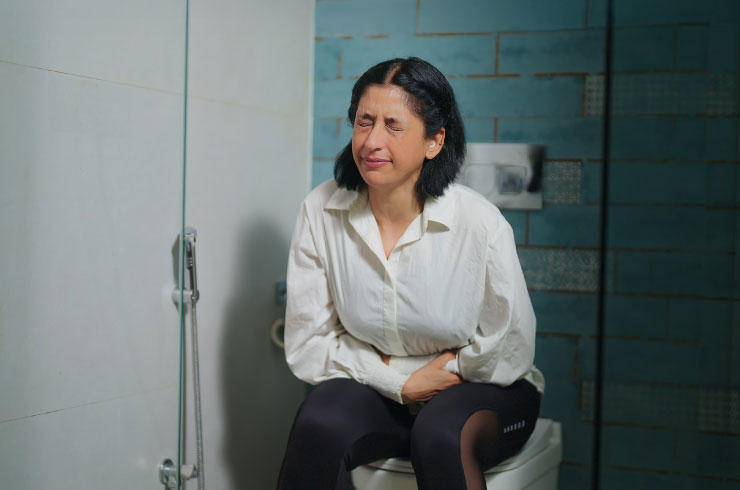
Understanding Chronic Constipation: Causes, Symptoms, and Treatment
Chronic constipation is a common digestive issue defined by infrequent, difficult, or incomplete bowel movements that persist for several weeks or longer. It is more than just occasional difficulty passing stool—it involves a prolonged pattern of straining, hard stools, and a sense of incomplete evacuation that significantly impacts quality of life. Chronic constipation may result from a low-fiber diet, inadequate fluid intake, lack of physical activity, or ignoring the urge to pass stool. It can also stem from medical conditions such as hypothyroidism, diabetes, neurological disorders, or irritable bowel syndrome (IBS). In some cases, structural abnormalities like anal stricture, rectocele, or colonic inertia can contribute to the condition. Long-term use of certain medications—like opioids, antacids with calcium or aluminum, and antidepressants—can also slow bowel motility.
Symptoms include fewer than three bowel movements per week, excessive straining, hard or lumpy stools, a feeling of blockage, and a sensation that the rectum hasn’t fully emptied. Chronic constipation can also lead to complications such as hemorrhoids, anal fissures, or fecal impaction. Diagnosis is typically made based on medical history and physical examination, and in persistent or severe cases, further investigations such as colonoscopy, anorectal manometry, or defecography may be recommended. Treatment focuses on lifestyle modifications like increasing dietary fiber, drinking plenty of fluids, regular physical activity, and establishing a consistent bathroom routine. Bulk-forming laxatives, stool softeners, or osmotic agents may be prescribed if dietary changes are insufficient. In cases unresponsive to conservative management, newer medications like secretagogues or prokinetics can stimulate intestinal movement. Biofeedback therapy is helpful when pelvic floor dysfunction contributes to the problem. With the right approach, chronic constipation is manageable, and most individuals can achieve long-term relief and restore healthy bowel function.
